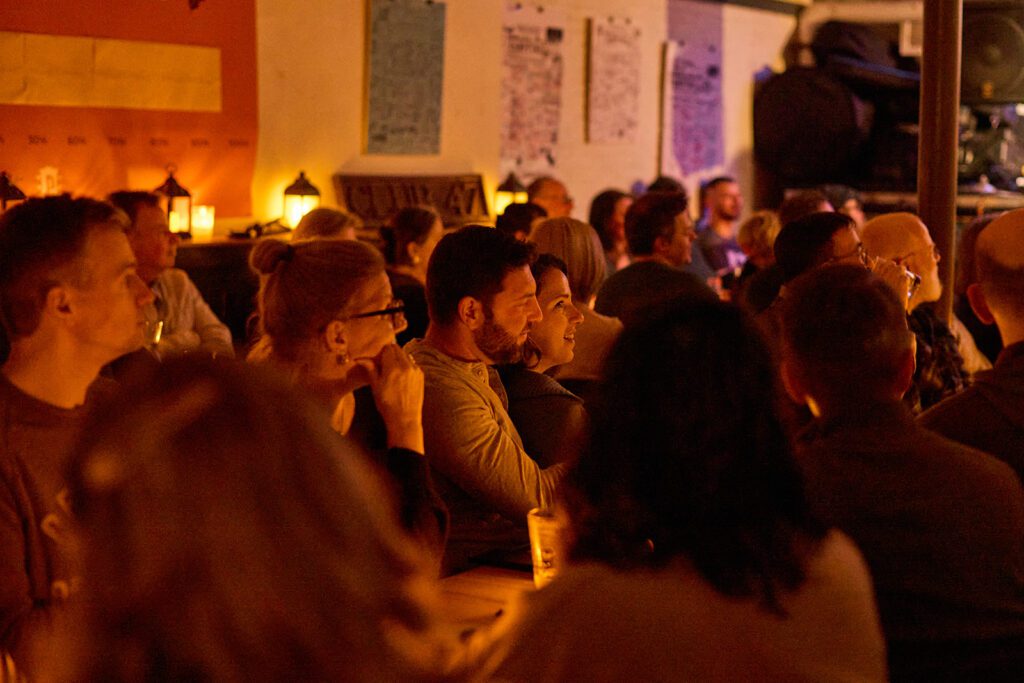Alejandro Brittes Quartet
- International
- Latin
- World
Chamamé – just like tango – has been declared as Intangible Cultural Heritage of
Humanity by UNESCO. Argentine accordionist, composer and researcher Alejandro
Brittes, who will tour in the U.S. this September and October, has been declared one
of the foremost contemporary chamamé ambassadors and innovators.
Born of the centuries-long interaction between ritual practices of indigenous Guaraní
and the Baroque music influences brought by Jesuits in the Mission period (16th to 18th
Centuries), chamamé can be conceived of as a ritual that seeks to communicate with
the Earth and the Universe and maintain harmony among humans, through music and
dance that lead participants to moments of trance. Often this ecstasy is viscerally
expressed by participants through a sapucay, a piercing, spontaneous ancestral yell to
release strong emotions pent up inside.
In Buenos Aires, chamamé was discriminated against and criminalized for decades
(much like other popular music such as tango). Alejandro Brittes ́s parents migrated
from the interior of the Province of Corrientes to Buenos Aires, where his father was a
pioneering chamamé event organizer and his mother a chamamé radio host, both
attending to the cultural needs of the rural migrant community in the city. It was in this
environment that Brittes was born and raised, amongst the most-respected chamamé
musicians and ensembles, beginning his professional career at 15 years old.
Chamamé has also been described as a “danced prayer”. Performed in 6/8 time, a
meter that is widely used in diverse human societies to enter into trance and
communication with the Universe, the musical elements of chamamé reflect its ritual
origins and spiritual values of its originators, forged in the context of the Missions,
crucibles of effervescent intercultural musical activity.
The chamamé guitar maintains a percussive mantra that is reminiscent of Guaraní
ritual music, and the accordion – with its expressive power – employs its low left-hand
to connect with the Earth and the human realm, and its piercing right-hand melody to
reach up to the Universe and the Divine. Embraced dancing couples circle around the
outdoor spaces where chamamé is traditionally performed, at times breaking into
percussive footwork to accompany the music. The accordion evokes the bellowed
Baroque organs constructed by skilled Guaraní artisans in the Mission period, a period
that was violently cut short by the imperial aspirations of Spain and Portugal in the late 18th Century.
Brittes ́s latest artistic work is focused on exploring, evoking, and innovating upon the
ancestral heritage of chamamé, which has survived great challenges throughout history
to flourish today. Interpreting historical repertoire created in the Missions, and original
compositions, Brittes collaborates with a Baroque orchestra on his project “(L)Este”,
and also performs chamamé classics and original material with his Quartet. Based in
Porto Alegre, Rio Grande do Sul, Brazil, the Quartet is composed of: Alejandro Brittes
(accordion), André Ely (7-stringed guitar), Charlise Bandeira (flute), and Carlos de
Césaro (contrabass).
For 2023 U.S. touring, Alejandro Brittes Quartet is supported by Iber Exchange, a
program of Mid Atlantic Arts with support from the National Endowment for the Arts in
collaboration with Ibermúsicas. In September and October of 2023 the Quartet will be
featured at prestigious U.S. venues and institutions such as: Library of Congress (DC),
The Trust Performing Arts Center (PA), Georgetown University (DC), Queens Theatre
(NYC), Creative Alliance (MD), Levitt Pavilion (CT), among others.


